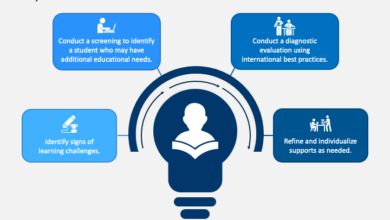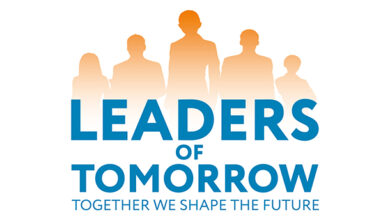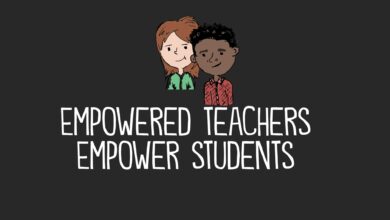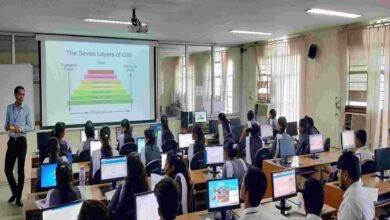Use of Chatbots in Education: Revolutionizing the Learning Process
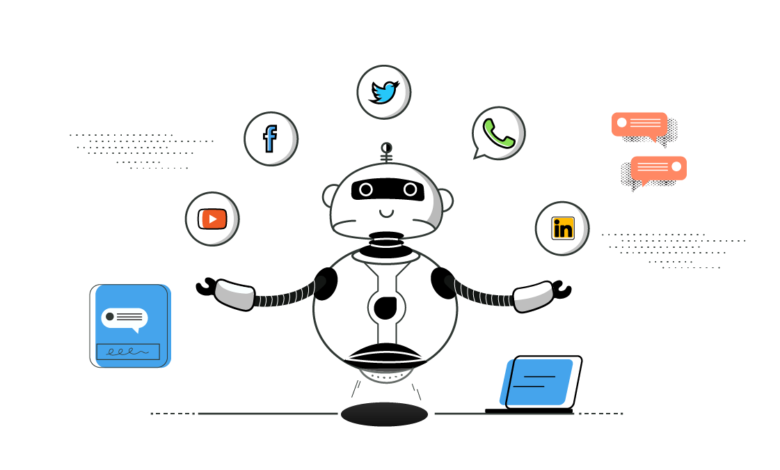
Table of Contents
Introduction
Education has always been a vital aspect of human development, shaping individuals’ knowledge and skills for a better future. As communication and entertainment trends evolve rapidly, it is essential for teaching methods to adapt and embrace technological advancements. Unfortunately, many educational institutions lag behind in adopting innovative practices, relying solely on traditional approaches such as printed textbooks and large-scale lectures.
In this article, we will explore the potential of chatbots in revolutionizing the learning process. Chatbots offer a unique opportunity to enhance education by leveraging artificial intelligence (AI) and natural language processing capabilities. With their ability to automate repetitive tasks and provide personalized support, chatbots empower both students and educators. Let’s delve into the significant benefits and implications of integrating chatbots into the educational landscape.
The Role of Chatbots in Education
Enhancing Efficiency and Personalization
Chatbots play a crucial role in streamlining administrative tasks and simplifying complex processes in educational institutions. From handling inquiries to providing course information, chatbots can efficiently address common student concerns, freeing up valuable time for educators. By automating routine tasks, teachers can focus on fostering meaningful relationships with their students and delivering high-quality instruction.
Moreover, chatbots can personalize the learning experience by tailoring recommendations and resources based on individual students’ needs and preferences. Through intelligent data analysis and adaptive algorithms, chatbots can offer personalized guidance, ensuring students receive the support required to excel in their educational journey.
Empowering Students with Accessibility and Inclusivity
One of the significant advantages of integrating chatbots into education is their ability to promote accessibility and inclusivity. Chatbots can bridge the gap for students with diverse learning needs, including those with disabilities. By offering real-time assistance, chatbots empower students to overcome challenges and engage with the curriculum more effectively.
Furthermore, chatbots provide equal opportunities to all students, regardless of their geographical location or socio-economic background. With internet connectivity becoming increasingly accessible, students from remote areas or underprivileged communities can benefit from the educational resources and support provided by chatbots.
Learning Beyond the Classroom
Chatbots extend the boundaries of traditional classroom learning by facilitating continuous education outside formal settings. Students can interact with chatbots at their convenience, accessing learning materials, quizzes, and supplementary resources. This flexibility promotes self-paced learning and encourages students to take ownership of their education.
Additionally, chatbots can foster collaborative learning environments by facilitating group discussions and knowledge sharing. Students can engage in virtual classrooms, interact with peers, and collaborate on projects, fostering critical thinking and teamwork skills.
Success Stories: Chatbots in Education
Jill Watson: The AI Teaching Assistant
An exemplary success story in the field of educational chatbots is Jill Watson, an AI-powered teaching assistant developed by Professor Ashok Goel at Georgia Tech Computer Science. Jill Watson, based on IBM’s Watson platform, was designed to assist students by answering their questions and providing technical information about courses and lectures.
Students interacted with Jill in online forums, believing her to be a human assistant. The seamless integration of Jill into the educational environment showcased the potential of chatbots to enhance the learning experience. Students appreciated Jill’s expertise, and some even recommended her for a prestigious Teaching Assistant Award, unaware that they were interacting with an AI-powered chatbot.
Wide Adoption of Chatbots
The success of Jill Watson has inspired numerous educational institutions worldwide to adopt chatbots in various capacities. From virtual tutors to personalized learning assistants, chatbots are being leveraged to support students at different levels of education.
These chatbots assist in providing timely feedback, delivering tailored resources, and facilitating interactive learning experiences. As more educational institutions embrace this innovative
The Future of Education: Chatbots Leading the Way
As the educational landscape undergoes rapid transformation, chatbots are poised to play an increasingly pivotal role in shaping the future of learning. Their ability to automate routine tasks, provide personalized support, and promote inclusivity positions them as powerful tools in education.
Furthermore, advancements in AI and natural language processing will enable chatbots to become even more sophisticated, understanding and adapting to students’ individual learning styles. With continuous improvements and refinements, chatbots have the potential to create a more engaging, accessible, and efficient educational ecosystem.
Conclusion
In conclusion, the integration of chatbots in education holds tremendous promise in revolutionizing the learning process. By automating administrative tasks, personalizing support, and fostering inclusivity, chatbots empower students and educators alike. Success stories like Jill Watson highlight the tangible benefits that chatbots can bring to the educational landscape.
As we move forward, it is essential for educational institutions to embrace this transformative technology and leverage its potential. By doing so, we can create a future where education is accessible, engaging, and tailored to meet the needs of every learner. Chatbots are undoubtedly leading the way towards this vision, paving the path for a new era of education.

